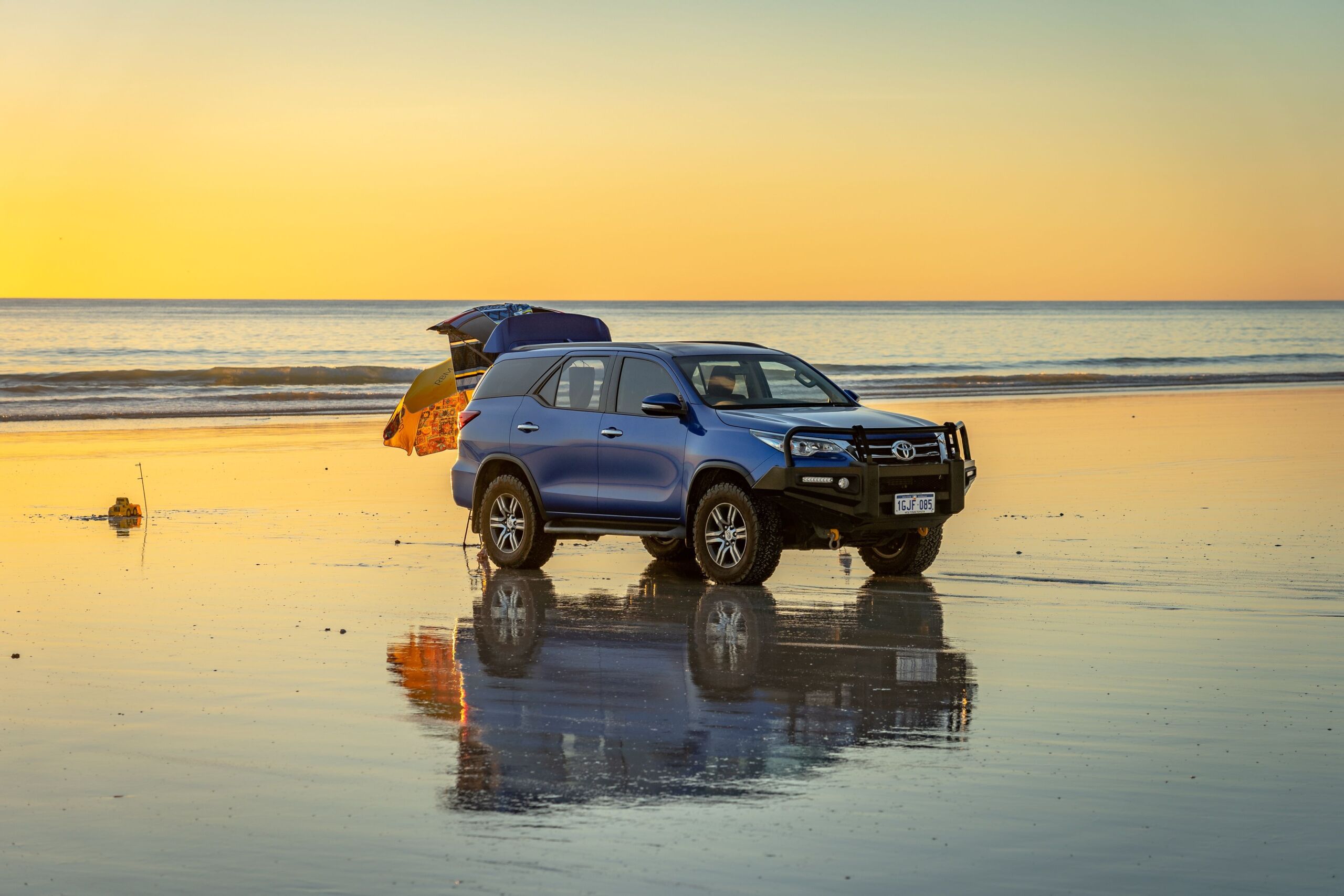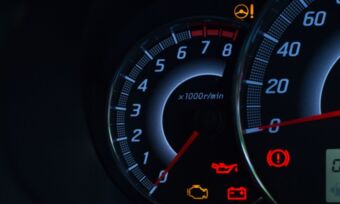When buying a car, there are considerations like comfort, style and budget to keep in mind, but if you plan on selling the vehicle down the line, then rates of depreciation may also factor into your purchasing decision.
All new cars lose value over time, thanks to age and general wear and tear, but there are some makes and models that hold onto their value a lot more than others. If you’re in the market for a new car and wondering about the potential resale value, here are some things to know.
What is car depreciation?
The depreciation of a car refers to the difference in price between when the car was bought new, and when it is sold. While depreciation varies between makes and models of cars, Budget Direct says a new car can depreciate in value by 10–15% as soon as it drives out of the lot, and depreciate a further 10–15% at the end of the first year. While this is not true for all types of cars, there are some common reasons why cars depreciate in value.
- Save 15%^ on your first year’s premium when you purchase a new Car Insurance policy online.
- 24/7 Phone & Online Claims.
- Budget Direct - Insurance Solved.
- Insurance that's a bit more you-shaped.
- Canstar’s 2025 Most Satisfied Customer Car Insurance – NSW, VIC, SA
- Lodge a Claim 24/7 with our Advisors
What are the top 10 slowest depreciating cars in Australia?
General Manager of RedBook.com.au Ross Booth told Canstar that the used car market is continuing to stabilise as economic pressures shift buyer preferences. He said there’s been a noticeable move back towards brands with more perceived reliability and cost efficiency, particularly Toyota hybrids.
Booth noted that the fundamentals of the market remain intact, with strong ongoing demand for 4WDs and utes. Supply issues for new vehicles have largely normalised, and in some cases, there may even be an oversupply, depending on the brand.
He added that depreciation rates are gradually returning to standard levels, although this is still influenced by demand-driven factors. Certain specialist models, like the Suzuki Jimny and Ford Ranger, continue to attract strong buyer interest due to limited supply and high demand, especially for high-spec variants like the Raptor.
He crunched the numbers based on RedBook’s pricing data, considering which cars currently on the market are projected to retain their value best over the next three years, taking into account both good and average vehicle condition. The list is ordered by the vehicles predicted to retain most of the value over three years, with figures rounded up to the nearest percentage.
The least depreciating cars in Australia, over the next three years, according to Mr Booth, are:
- Suzuki Jimney: Estimated retained value 83–87% over three years
- Toyota Rav 4: Estimated retained value 81–84% over three years
- Toyota C-HR: Estimated retained value 79–84% over three years
- Toyota Landcruiser: Estimated retained value 80–83% over three years
- Toyota Landcruiser Prado: Estimated retained value 80–83% over three years
- Toyota Corolla: Estimated retained value 78–82% over three years
- Ford Ranger: Estimated retained value 77–81% over three years
- Toyota Yaris Cross: Estimated retained value 77–81% over three years
- Lexus NX: Estimated retained value 77%-80% over three years
- Toyota Yaris: Estimated retained value 76%-80% over three years
How does car depreciation work?
Mr Booth told Canstar key factors affecting depreciation rates for cars include older cars being constantly superseded by newer models, brand name recognition and perceptions of reliability, vehicle type, and the overall condition of the vehicle.
Becoming superseded
One of the most obvious reasons that cars depreciate in value is that they are frequently replaced by newer models. “As a car ages, it tends to be worth less,” Mr Booth told Canstar. The main reason for that is a new one comes in, which is a newer year in better condition, with lower kilometres.” Generally speaking, consumers will not want to pay as much for an older car with potential wear and tear as they would for a new model, and therefore older cars depreciate in value.
Brand name
Mr Booth also said that brand name is a factor in how quickly cars depreciate. Demand for a vehicle is driven by the trust that consumers have in particular brands. This trust is driven by the perception of these brands as being reliable, thanks in part to advertising campaigns and the existing popularity of a particular car brand in the marketplace.
The greater the demand for a car, the slower it will generally depreciate. “Toyota is a classic example of a brand that has a very high reliability and trust factor, as opposed to a brand that’s relatively new in the market,” he said, adding that Toyota cars tend to retain their value better and depreciate slower than other types of cars.
The type of the vehicle
In addition to brand name, the demand for different types of vehicles can dictate how slowly they depreciate.
Mr Booth said that right now, the demand for vehicles such as 4WDs and utes is high in Australia. This means that these kinds of vehicles hold their value on the resale market, and depreciate more slowly.
Additionally, more Australians are choosing fuel-efficient, affordable cars, especially hybrids, over more expensive models. This change in demand is also influencing which vehicles depreciate faster than others. For instance, battery electric vehicles (BEVs) and premium SUVs both saw significant gains in value between mid-2020 and early 2022. But since early 2022, values have dropped, and premium SUVs have seen the biggest falls. These vehicles are now losing value faster than BEVs and the overall market. According to RedBook, this is mainly due to rising fuel costs, tighter household budgets, and more expensive running costs. Plus, a flood of new and returning premium SUVs has pushed prices down further.
In contrast, BEVs are holding their value better than expected. Even though they face fast-changing technology and manufacturer discounting, interest in EVs remains strong. Government incentives and improving infrastructure are helping to keep demand steady.
The condition of the vehicle
“When you go to sell your car, the main things that can impact the value are kilometres and condition,” Mr Booth told Canstar. “Regardless of all the other things like brand, as far as depreciation goes, these things are important.”
“On average people drive 12,000km a year,” he added. “The less you do, the more the car will be worth in the resale market.” Likewise, he said, the better condition you keep the car in – making sure it doesn’t have scratches, washing it regularly – the easier it will be to sell.
Cover image source: Alex Cimbal/Shutterstock.com








